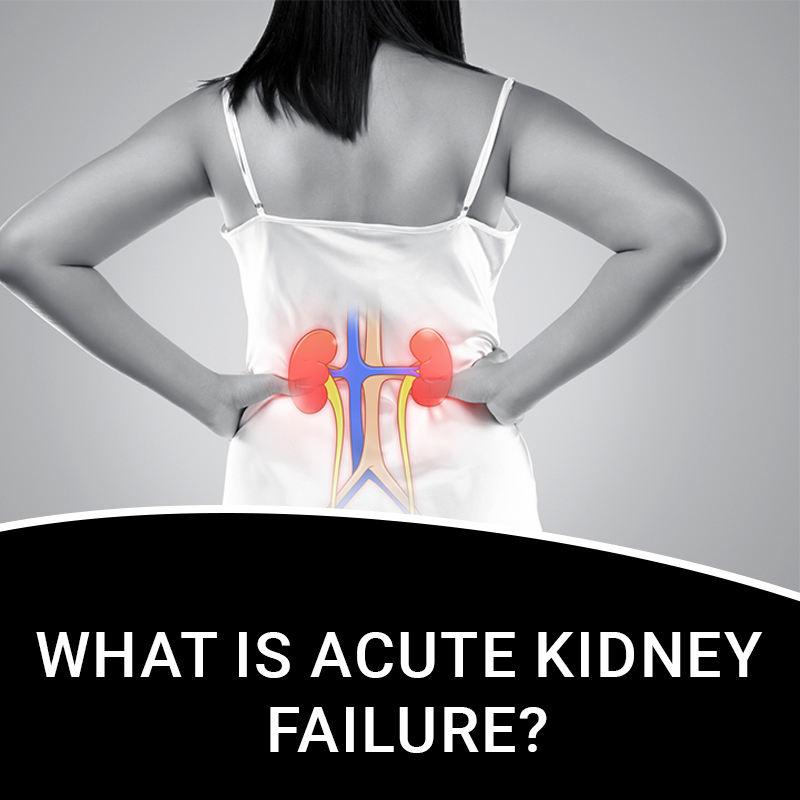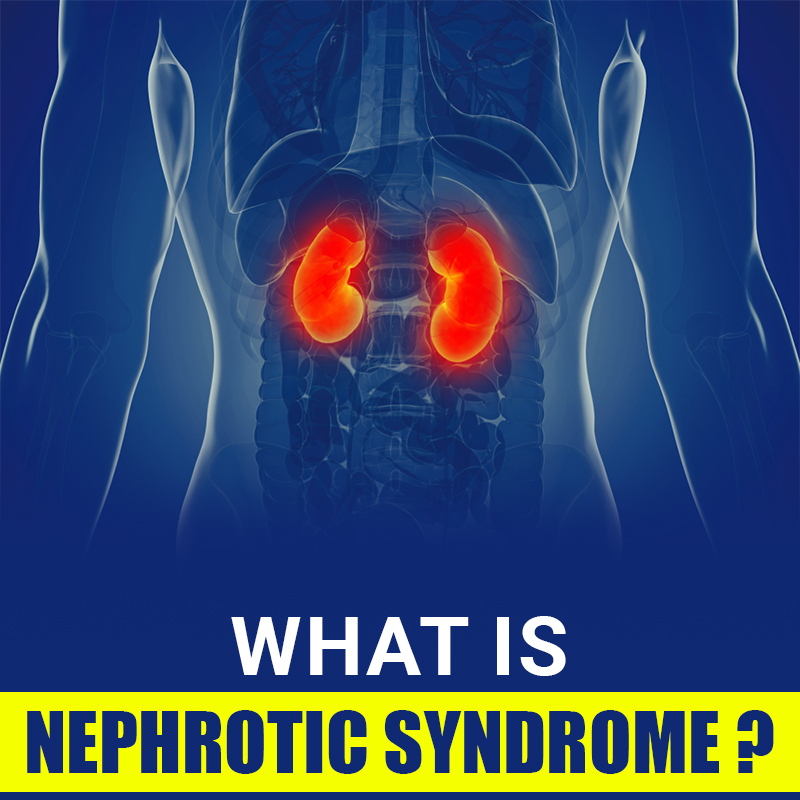What Is Acute Kidney Failure?
Acute kidney failure refers to the reduction in the filtration capacity of the kidneys due to various conditions. It is when the kidneys lose their function all at once, and we call it to be acute kidney failure or acute kidney injury. At that time, dangerous levels of waste may accumulate in the body, and also, the body’s chemical makeup may get out of the imbalance.
Acute kidney injury develops in a matter of days or weeks. It commonly hits those who are already hospitalized, severely sick, or who need intensive care. If the treatment is not taken at the right time, acute kidney failure can be fatal and may be reversible. Ayurvedic medicine for acute kidney injury will help you with the permanent recovery function. If you are in good health otherwise, you may still recover to normal health or near to normal kidney function.
What are the causes of acute kidney injury?
There are many reasons that may cause acute kidney injury. Among them, the most common ones are:
- acute tubular necrosis (ATN)
- severe or sudden dehydration
- toxic kidney injury from poisons or certain medications
- autoimmune kidney diseases, such as acute nephritic syndrome and interstitial nephritis
- urinary tract obstruction
- Reduced blood flow can affect the kidney function
The following conditions can lead to decreased blood flow to your kidneys:
- low blood pressure or hypotension
- burns
- dehydration
- hemorrhage
- injury
- septic shock
- serious illness
- surgery
Blood clots within the kidneys’ blood vessels can also lead to acute kidney failure. These conditions include:
- hemolytic uremic syndrome
- idiopathic thrombocytopenic thrombotic purpura (ITTP)
- malignant hypertension
- transfusion reaction
- scleroderma
Infections like septicemia and acute pyelonephritis, over time, injure the kidneys too.
In addition, pregnancy also grows complications that can harm the kidneys, such as placenta previa and placenta abruption.
Risk factors associated with kidney disease may include:
- kidney disease
- liver disease
- diabetes, especially if it’s not well controlled
- high blood pressure
- heart failure
- obesity
If you are in a hospital or intensive care unit, you are more at risk of acute kidney failure. Heart surgery, a bone marrow transplant, or abdominal surgery can also elevate your risk of kidney disease.
What are the signs of acute kidney injury?
The symptoms of acute kidney failure may include:
- bloody stools
- foul smell in your breath
- slow and sluggish movements
- swelling or fluid retention
- fatigue
- pain between ribs and hips
- hand tremor
- bruising easily
- changes in mental status or mood, especially in older adults
- decreased appetite
- decreased sensation, especially in your hands or feet
- prolonged bleeding
- seizures
- nausea
- vomiting
- high blood pressure
- a metallic taste in your mouth
During kidney disease, fluid retention possibly causes generalized swelling. Swelling in the lower body, legs, ankles, hands, arms, and face is not uncommon during the late stages of CKD.
What are the ways through which you can diagnose kidney disease?
In the wake of kidney disease, your healthcare team will ask for the following tests:
Physical examination to check for crackling in the lungs. This makes them notice fluid retention.
Other tests that may be done by your healthcare team may include:
- blood urea nitrogen (BUN)
- serum potassium
- serum sodium
- estimated glomerular filtration rate (eGFR)
- urinalysis
- creatinine clearance
- serum creatinine
Imaging tests, such as ultrasound, may help diagnose kidney failure. The abdominal X-ray, CT scan, and abdominal MRI can help diagnose any blockage in the urinary tract.
Complications
Potential morbidities of acute kidney failure may include:
- Fluid buildup. Acute kidney failure can lead to fluid buildup in the lungs causing shortness of breath, swelling, etc.
- Chest pain. Chest pain occurs when the heart becomes inflamed or the linings of the heart damage.
- Muscle weakness. Changes in the fluid and electrolyte balance can result in muscle weakness or spasms.
- End-stage renal disease. Occasionally, acute kidney failure may progress to permanent kidney failure if you do not take the best ayurvedic medicine for AKI in the early times.
Prevention
Acute kidney failure is hard to prevent because they happen abruptly. But the risk of AKI can significantly be reduced by taking care. Try to:
Be careful of your over-the-counter (OTC) pain medications. Look for the instructions on the medications such as aspirin, acetaminophen, ibuprofen, and naproxen sodium. Too much reliance on these medications for minor pain can increase your risk of acute kidney injury. The risk increases even more if you have diabetes or high blood pressure.
Work with your healthcare team. If you have kidney disease or any condition that puts you at risk of acute kidney failures, such as diabetes or high blood pressure, make an appointment with your healthcare team and follow the team’s choice to manage your health.
Make a healthy lifestyle a priority. Be physically active, take a balanced diet, and do not drink alcohol or smoke.
Treatment
One of the best treatments for acute kidney injury is Ayurveda. Ayurvedic Medicine for Acute Kidney Injury helps to revive the damaged portion without any complications. It is safe because the medicines are derived from rare herbs and spice, posing therapeutic benefits in them. Unlike dialysis and transplant, it does not cause any side-effect.
Get yourself the best ayurvedic medicine for AKI from Karma Ayurveda now!




Comments
Post a Comment